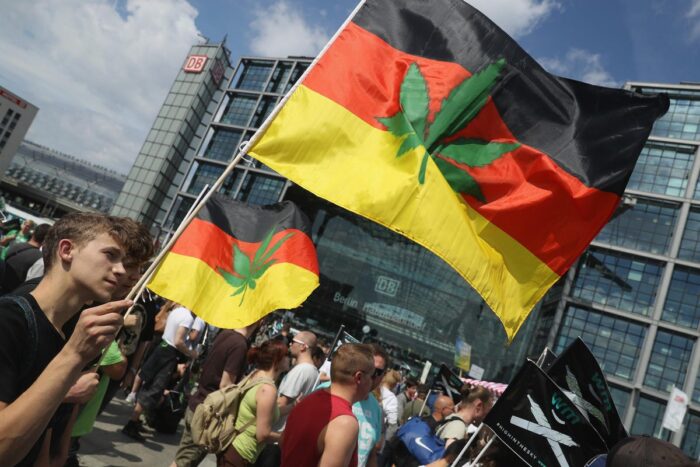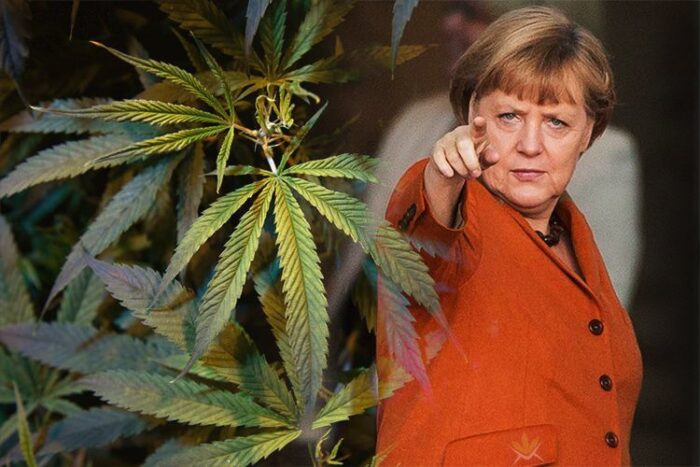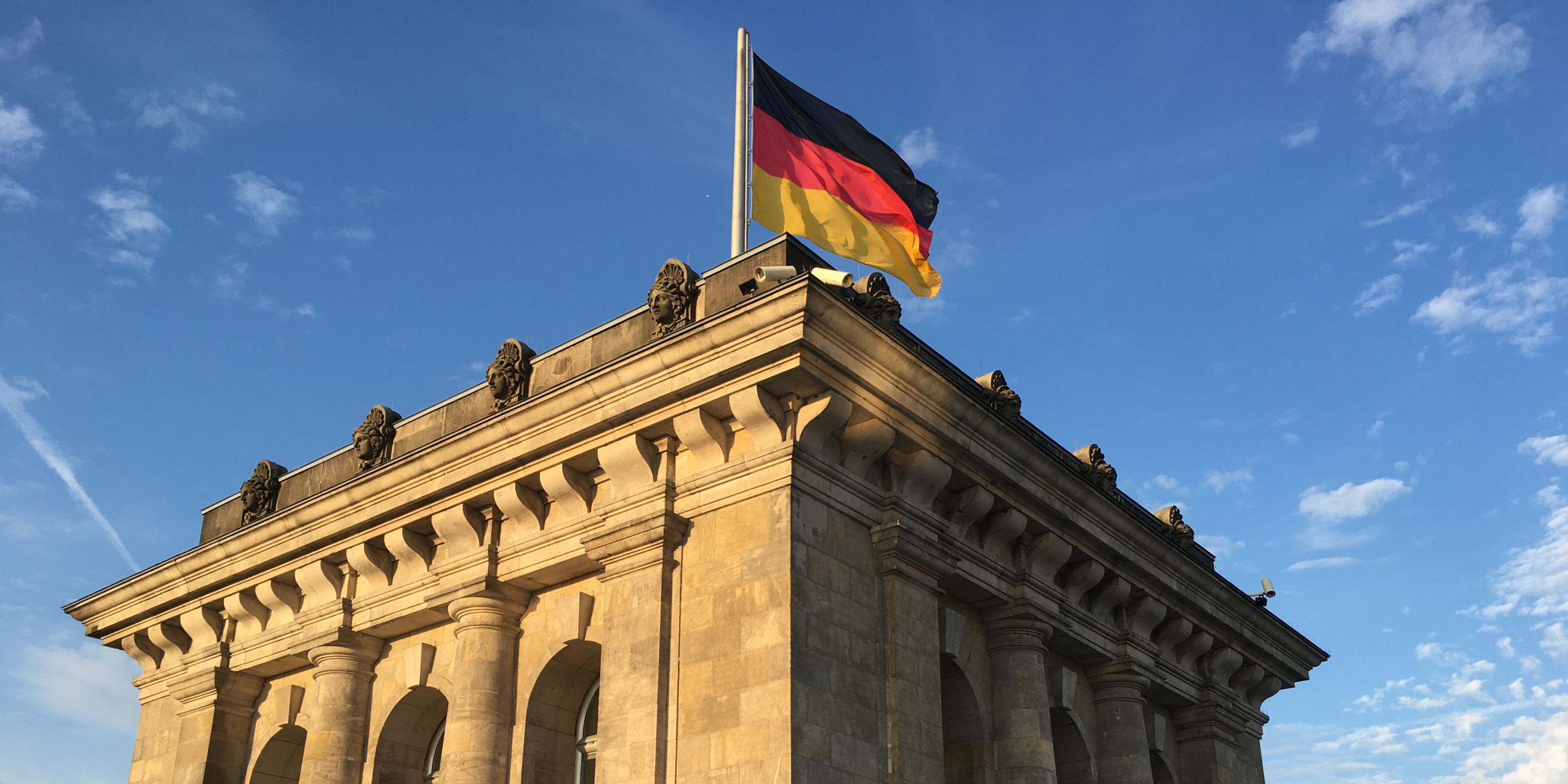German Finance Minister Christian Lindner, until recently unsupportive of legalization, announced that he would launch the legislative initiative to legalize cannabis in Germany.
The cannabis legalization plan will be revealed this summer as part of a “health policy.”
“A question that people keep asking me: ‘When will Bubatz be legal? I would say: soon.” wrote Lindner in a tweet last Friday. “Bubatz” is German street slang for cannabis.
Lindner was referring to a policy formulated by Social Democrats (SDP), Greens, and Free Democrats (FDP) in their coalition agreement last November, which promised to legalize the use of recreational cannabis.

German Health Minister Karl Lauterbach also revised his previous opinion about cannabis in the past two years and said that he now believes that the dangers of non-legalization are greater than those of legalization.
“I’ve always been opposed to cannabis legalization, but I revised my position about a year ago,” he said.
“In my opinion, the administration of contaminated cannabis now poses a greater risk than the controlled distribution to people who consume cannabis with appropriate quality in a controlled manner,» he added.
Justice Minister Marco Buschmann announced that he is preparing a comprehensive technical plan to legalize cannabis through a consultation process with the Ministry of Health.
The government will present a draft law in the second half of 2022.
The process will begin with Federal Drugs Commissioner Burkhardt Blienert, who will discuss fundamental issues around legalization with national and international experts.

“It’s about pooling knowledge and experiences and addressing objections and reservations very openly. States, municipalities, associations, science, and civil society should also be involved in the preparations. Hardly any other drug policy issue has occupied people as much as cannabis for decades. We all know how complex this project is,» Blienert explained.
In November 2021, the political parties agreed on the “controlled sale of cannabis to adults for recreational purposes in licensed stores,” as written in the coalition agreement.
The legalization process will involve the federal states, associations, municipalities, science, and civil society players. Many details remain to be decided, including establishing a maximum THC level for cannabis products.
According to a study by the University of Düsseldorf, the legalization of recreational cannabis could bring over $5.3 billion in additional annual tax revenue to Germany and create around 27,000 legal jobs.






